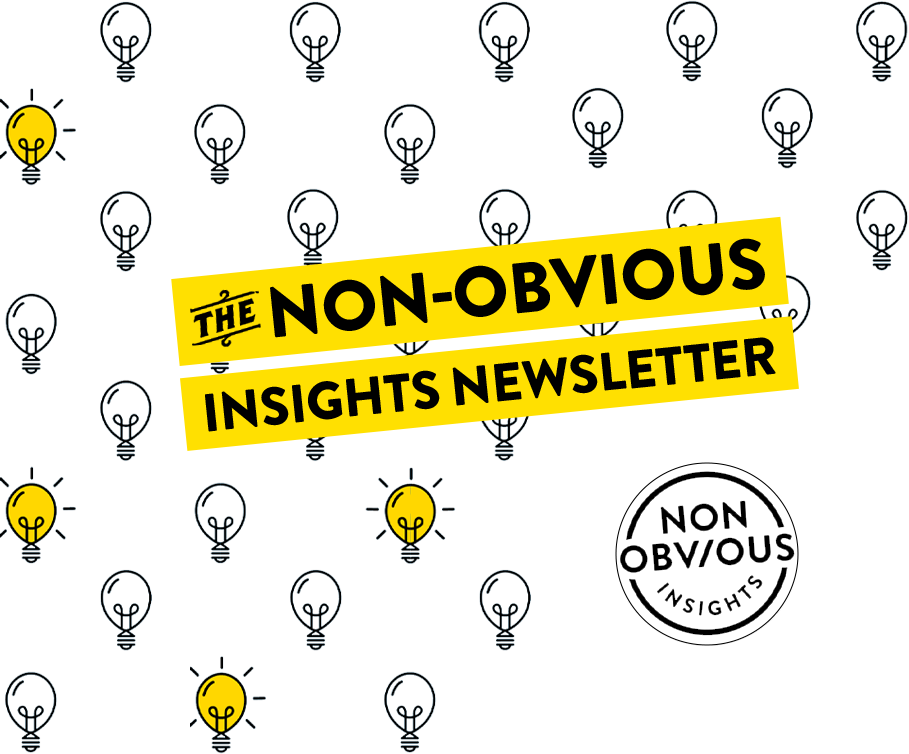There’s a pretty simple idea that could transform the landscape of targeted online communications, but no one is doing it … yet. If you have ever done any online marketing that has been targeted by geography, you know that there are pretty much only two ways to do it currently online:
1. Based on IP address of where the user is accessing the Internet. Notoriously unreliable because of shared servers and inability to truly pinpoint a user’s location.
2. Based on a profile that the user has created indicating where they live. This is much better with two big assumptions … that people tell you the truth about where they are, and that they are usually there (as opposed to travelling).
For someone like me, this system makes it impossible to target me on a geographic basis. I am always travelling, often using Internet through shared connections in multiple locations, and my Facebook profile says I belong to the San Francisco network (intentionally), even though I live in DC. My email address has the word Australia in it and I registered it while I was living in Australia and never changed my region. There are a lot of other consumers like me, making it tough for any business to truly target geographically by relying on such uncertain data. The one solution with promise involves using the mobile platform to geotarget based on where a person physically is. This is good, but still incomplete because it doesn’t allow you to predict where someone will be. What if there was a way to geotarget your messages not to where a user currently is, or even where they say they live, but to where they will be?
This is possible today, because more than ever before, people are now broadcasting where they are going to be and what they are currently doing through social media. Look at a platform such as Twitter, where people routinely update their status to indicate where they are and what they are feeling. Or a travel site like Dopplr, which I use to update my upcoming trips. To a degree, this is private information – but many people publish it live for anyone to see. Location shifting means geotargeting your marketing communications based on information about location that your consumers are giving you or posting online. As a result, if smart marketers started using this information, a whole range of things could be possible:
1. Banks could verify that you are travelling and not have to cancel your cards because of suspected fraud
2. Marketers could send special offers to people who express a particular sentiment in a certain location (eg – someone Twitters that they are hungry in Manhattan, and gets a Twitter message back with a coupon to a local pizza shop)
3. Car services could automatically update their drivers who are waiting for pickups
4. Your friends could invite you to events through social networks based on where you will be and not just where you live
What else could be possible with location shifting? Let me know if you think this idea works.






















I think this is a great idea as a starting point. It would need tight control to stop the sort of abuse that marketers would try if only they could get away with it! The downside with relying on something like Twitter or anything that requires an update, is that I may forget. And if I remember when I arrive, or (more likely) to kill time when stuck en route – it may as well just trigger off my GPS or active phone cell. I like the idea of having my bank know to allow my card transactions – but what about this real situation. I got a call in the middle of the night in Singapore because I had used the card in person and then a few minutes later phoned a telephone order to a company in the UK, both on the same card. The issue there was that I was daring to use my card in two timezones, not that I was abroad 🙂
I think this is a great idea as a starting point. It would need tight control to stop the sort of abuse that marketers would try if only they could get away with it! The downside with relying on something like Twitter or anything that requires an update, is that I may forget. And if I remember when I arrive, or (more likely) to kill time when stuck en route – it may as well just trigger off my GPS or active phone cell. I like the idea of having my bank know to allow my card transactions – but what about this real situation. I got a call in the middle of the night in Singapore because I had used the card in person and then a few minutes later phoned a telephone order to a company in the UK, both on the same card. The issue there was that I was daring to use my card in two timezones, not that I was abroad 🙂
Hi Rohit,
I think this is a fabulous idea. I think BrightKite.com is unto something, but global thinking could serve us all better.
-Shama Hyder
Hi Rohit,
I think this is a fabulous idea. I think BrightKite.com is unto something, but global thinking could serve us all better.
-Shama Hyder
This is interesting, but I think it will take time and effort on both sides to smooth out and work. There are people like yourself, with a travel schedule.
I’m English mother-tongue and live in France. I don’t want anything in French (translations are bad and market info too narrow).
It is hard to get this. There are the IP address recognitions that place me in France – sure I can change my settings, but this does not work 100% of the time.
I recently got a new computer – on Vista. Unfortunately I bought it in France – There is no way I can change the most internal settings of my computer to get them into English. Sure I can set it up in English and use a different keyboard if I want.
But as soon as I need to do a local Google search in French, everything reverts back to French and being located in France.
Location and language go together.
I think Location Marketing will go down a very long path before it actually works for everyone who wants it.
This is interesting, but I think it will take time and effort on both sides to smooth out and work. There are people like yourself, with a travel schedule.
I’m English mother-tongue and live in France. I don’t want anything in French (translations are bad and market info too narrow).
It is hard to get this. There are the IP address recognitions that place me in France – sure I can change my settings, but this does not work 100% of the time.
I recently got a new computer – on Vista. Unfortunately I bought it in France – There is no way I can change the most internal settings of my computer to get them into English. Sure I can set it up in English and use a different keyboard if I want.
But as soon as I need to do a local Google search in French, everything reverts back to French and being located in France.
Location and language go together.
I think Location Marketing will go down a very long path before it actually works for everyone who wants it.
Good Information
Brilliant idea!
Personally I think we are a way off the kind of marketing you are suggesting. Whilst we professionals may be ‘au fait’ with the likes of twitter and the whole social networking experience, I believe we are a long way off being able to specifically target the average ‘Joe’ in the street. That said, I still believe you are on to something and it is definitely worth investing some time to see if we can pick up some incremental sales of our own by experimenting with some new ideas.
Thanks Rohit!
Brilliant idea!
Personally I think we are a way off the kind of marketing you are suggesting. Whilst we professionals may be ‘au fait’ with the likes of twitter and the whole social networking experience, I believe we are a long way off being able to specifically target the average ‘Joe’ in the street. That said, I still believe you are on to something and it is definitely worth investing some time to see if we can pick up some incremental sales of our own by experimenting with some new ideas.
Thanks Rohit!
I’ve been hoping Dopplr would help in the ways you talk about above.
Then when I visit upcoming, google maps, amazon.com, whatever, it would show me relevant events, maps, shipping destinations, and so on.
I’ve been hoping Dopplr would help in the ways you talk about above.
Then when I visit upcoming, google maps, amazon.com, whatever, it would show me relevant events, maps, shipping destinations, and so on.
The idea can work and is being developed as we speak. It will work through highly sophisticated human tracking technology, such as those microchip devices that can be placed under the skin. Even now similar chips are used on pets, dogs, cats and the like, to find them if they get lost. Even humans are being experimented with such devices. Similar technologies are used in modern-day autos. With minor adjustments, the same kind of device that is used for animals and autos can be used for humans to track and know our every move and location.
Infrared can be used to change information on the chip.
Search google or yahoo for “animal tracking device” and/or “microchips + humans” and you will see.
Mobile marketing campaigns using SMS, and more recently MMS, have already helped to open up the eyes of the media world to the power of the mobile.visit at-mobile marketing
Mobile marketing campaigns using SMS, and more recently MMS, have already helped to open up the eyes of the media world to the power of the mobile.visit at-mobile marketing